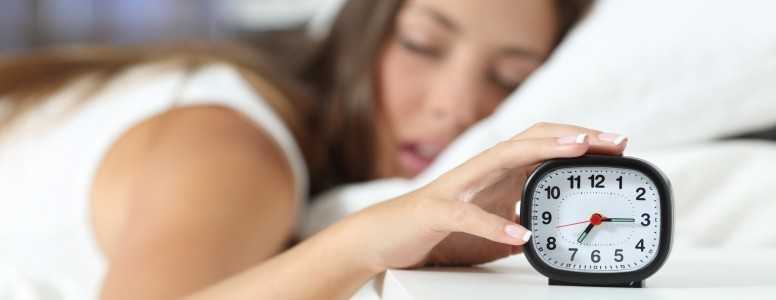Young people with type 1 diabetes who have poor sleeping habits could be at risk of increased HbA1c levels, a new study has suggested.
The German study was developed so researchers could look at how broken sleep impacts glycemic control in teenagers with type 1 diabetes.
Just over 190 young people aged around 16 years old were recruited into the trial, which used medical records to collect information on the participants. On average they were aged 16.5 years and had a mean HbA1c of 64 mmol/mol (8.4%).
Those who took part were also asked to self-report on the amount of sleep they were getting and the quality. Social jetlag, a measure of interrupted sleep, or circadian misalignment, when the body’s biological clock and sleep schedules don’t match up, was among the health markers researchers asked about.
The researchers then examined associations between sleep and glycemic control, with HbA1c levels determined at the beginning of the study.
“Our study suggests that poor sleep quality is associated with increased HbA1c in adolescents with type 1 diabetes and that higher levels of circadian misalignment are associated with increased insulin requirements.”
This association was found to be slightly strong in boys and also children who had previously moved countries. The study team also observed that social jetlag was significantly associated with levels of insulin requirements. However, sleep duration was not associated with HbA1c.
“If replicated, our results indicate a clinical relevance of sleep habits in adolescents with type 1 diabetes,” the researchers added.
Previous research has highlighted the importance of maintaining good HbA1c levels in people with type 1 diabetes. It is thought improving it by just one per cent can cut the risk of diabetic retinopathy, neuropathy and kidney disease by a quarter.
The study was published online in the Pediatric journal.
What's new on the forum? ⭐️
Get our free newsletters
Stay up to date with the latest news, research and breakthroughs.






